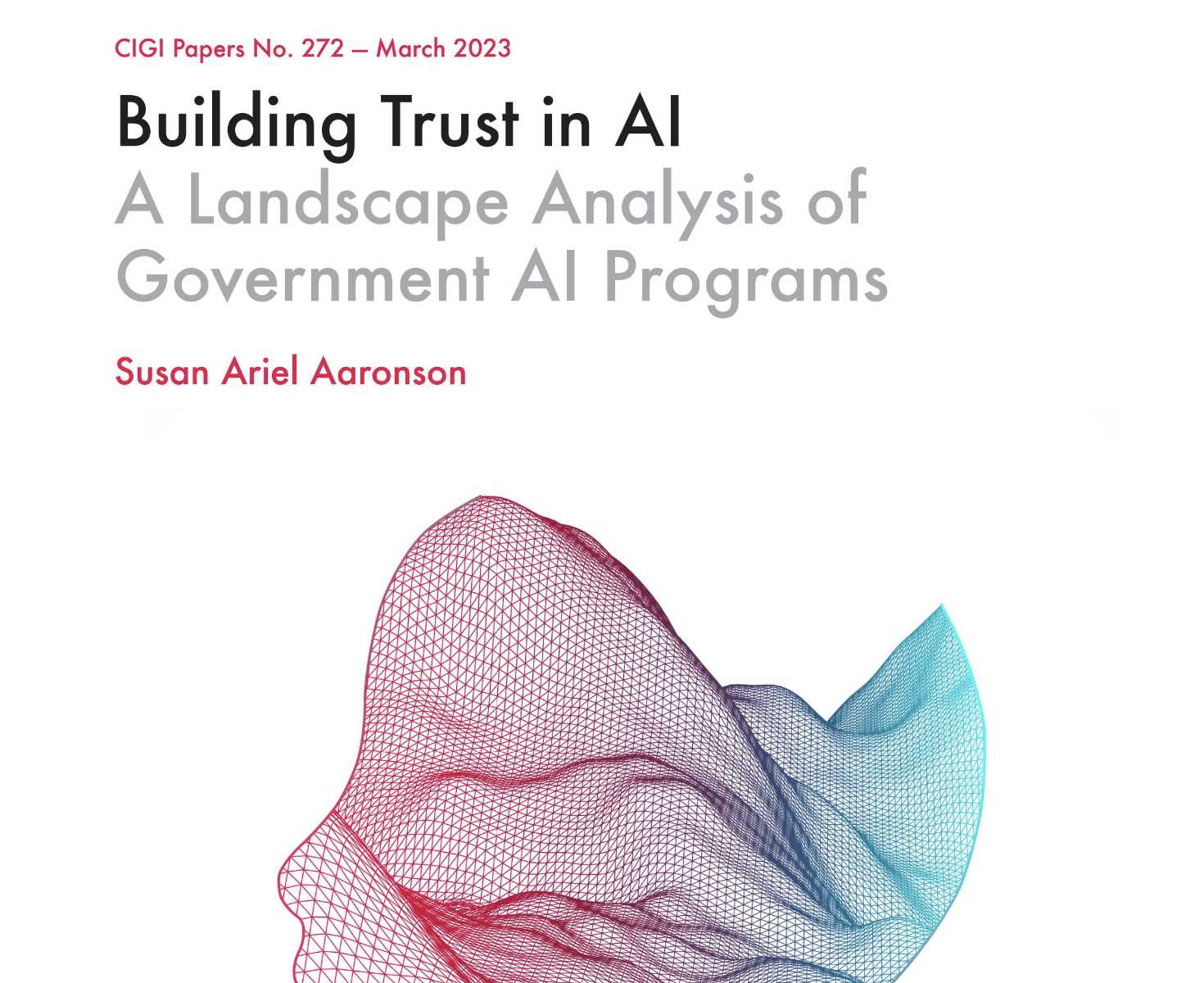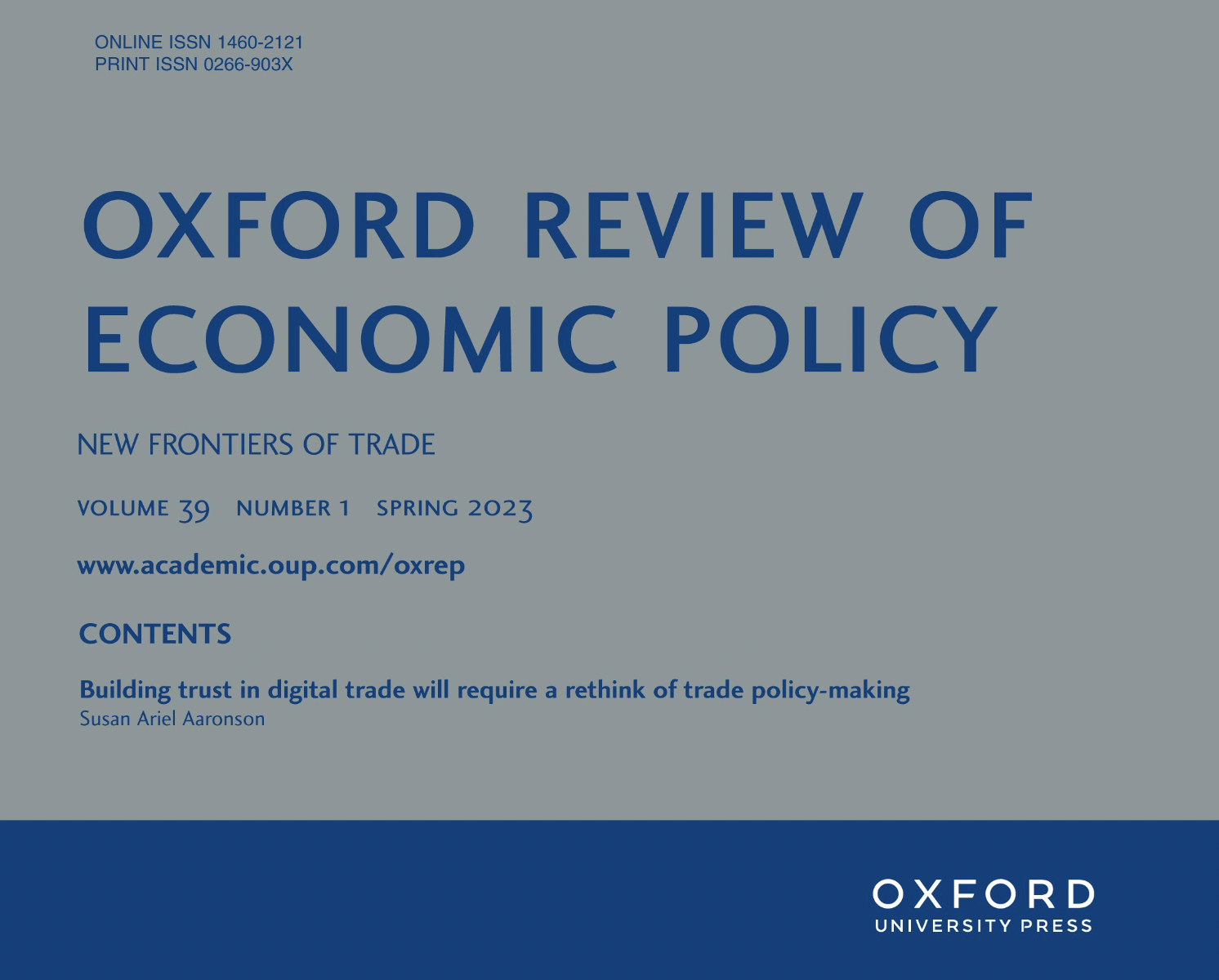As countries around the world expand their use of artificial intelligence (AI), the Organisation for Economic Co-operation and Development (OECD) has developed the most comprehensive website on AI policy, the OECD.AI Policy Observatory.
Although the website covers public policies on AI, Aaronson found that many governments failed to evaluate or report on their AI initiatives. This lack of reporting is a missed opportunity for policy makers to learn from their programs (the author found that less than one percent of the programs listed on the OECD.AI website had been evaluated).
In addition, Aaronson found discrepancies between what governments said they were doing on the OECD.AI website and what they reported on their own websites. In some cases, there was no evidence of government actions; in other cases, links to government sites did not work. Evaluations of AI policies are important because they help governments demonstrate how they are building trust in both AI and AI governance and that policy makers are accountable to their fellow citizens.
Read More Publications
Taking the Wrong Lesson from China’s AI Strategy
Taking the Wrong Lesson from China’s AI Strategy The United States is mimicking China’s approach to centralized data, risking privacy, security and democratic accountability in the name of AI leadership. Chinese leaders early on recognized the importance of data for...
Regrets of the Tech Bros: In a land ruled by the law of the jungle
On his Inauguration Day, Donald Trump sent a message. The founders and CEOs of Apple,Amazon, Google, Meta, Open AI, and Uber, among other giant high-tech companies, sat in the front rows near the Trump family and cabinet nominees. Trump and his staff wanted to use...
The Dangers of AI Nationalism and Beggar-Thy-Neighbour Policies
As they attempt to nurture and govern AI, some nations are acting in ways that – with or without direct intent – discriminate among foreign market actors. For example, some governments are excluding foreign firms from access to incentives for high-speed computing, or...












